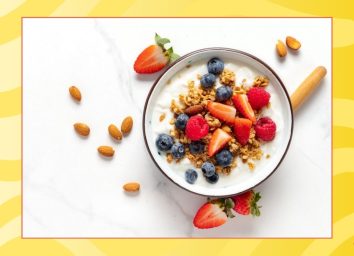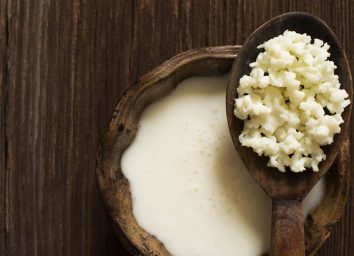6 Amazing Foods Doctors Swear By
If you trust your doctor to choose the right meds to alleviate your ailments, then wouldn't you also trust him or her to know which foods can potentially prevent them? Using food as our natural medicine is a key tool when it comes to preventing chronic diseases such as obesity, high blood pressure, and heart disease. In fact, these plagues are all preventable with the help of a wholesome diet.
Below, you'll find our best MD-approved supermarket staples. They're all easy to incorporate into your daily diet, packed with health benefits and—yes!—delicious. Head to the supermarket and stock on these MD-approved picks today. Once you've stocked up, put them to good use and try your hand at these 20 Doctors' Own Weight Loss Secrets.
Greek Yogurt
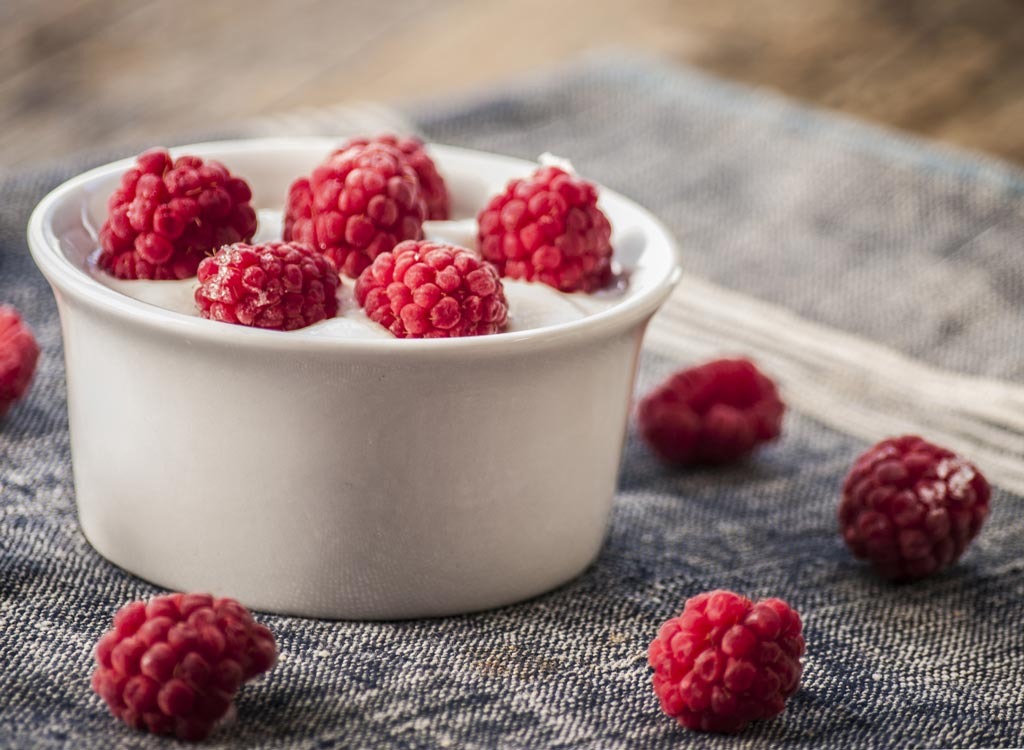
"Greek yogurt is great for feeding the good bugs that live in your intestine, which improves the health of your microbiome, or the community of microorganisms that live in your body," Gerard Mullin, MD, Co-Director of the JHH Nurse Practitioner Fellowship Program and author of The Inside Tract: Your Good Gut Guide to Great Digestive Health tells ABC News. Research has consistently proven that probiotics aid weight loss and prevent obesity thanks to the microbiome balance they promote. Although, not all yogurts are created equal. Dr. Mullin suggests choosing organic and grass-fed yogurt over conventionally-raised tubs because they contain more heart-healthy omega-3 fats. "When animals are fed corn, they produce dairy with more omega-6s, but grass-fed animals produce dairy with more healthy omega-3s."
Dark Leafy Greens
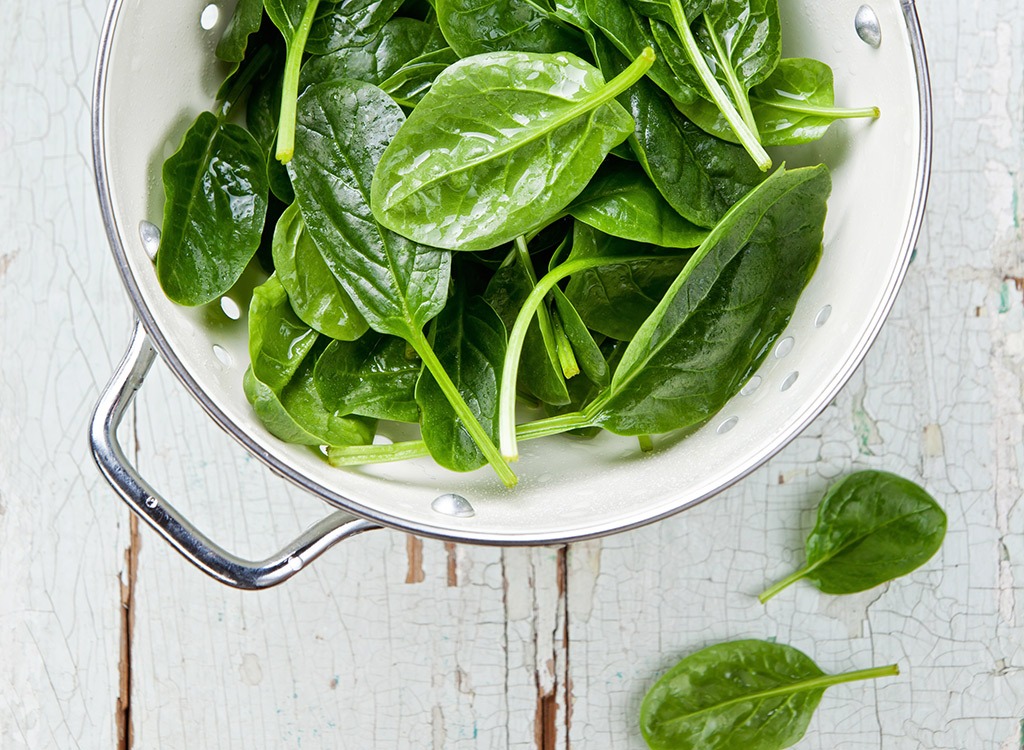
Donald D. Hensrud, MD, MPH, consultant of the Division of Preventive, Occupational, and Aerospace Medicine at the Mayo Clinic College of Medicine and author of The New Mayo Clinic Cookbook always goes for dark leafy greens such as arugula, spinach, and different varieties of lettuce. These greens are low in calories, high in nutrients, and work well in salads, pasta dishes, lasagna, sandwiches, pesto, soups, and spinach pie, he adds. "I always feel good about eating [dark, leafy greens]; there's no downside."
Chickpeas
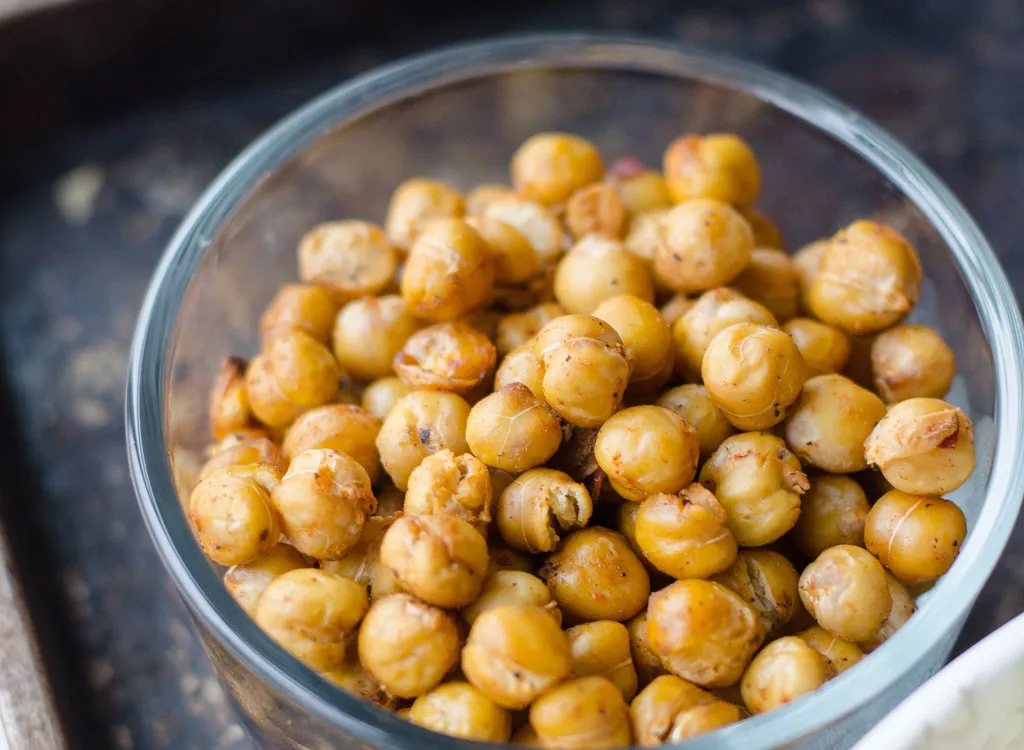
These nutritional powerhouses are one of David L. Katz's, MD, MPH, FACPM, FACP, founding director of the Yale University Prevention Research Center and author of Disease Proof go-to legumes. "They are a good protein source, and I especially like turning to chickpeas for protein so I don't need to eat meat. I love good hummus!" he tells ABC News.
Eggs
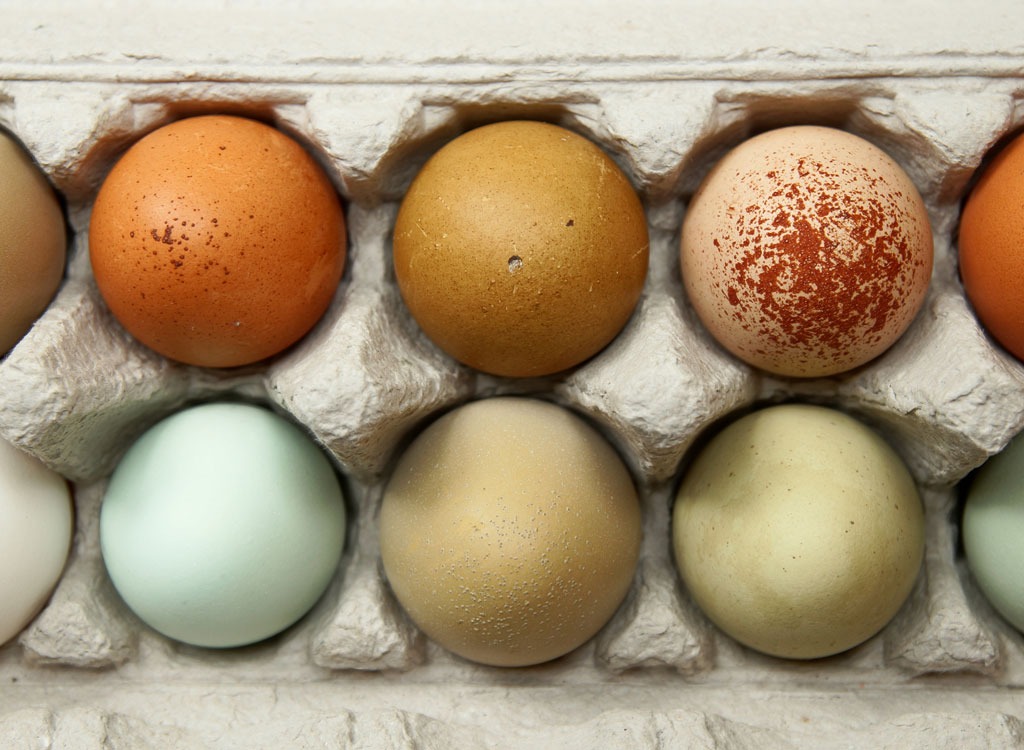
Despite the bad rap surrounding eggs in the 1980s, Robert Lustig, MD, MSL, professor of Pediatrics in the Division of Endocrinology at UCSF, director of the university's Weight Assessment for Teen and Child Health (WATCH) Program, and author of The Fat Chance Cookbook reassures that the cholesterol in the yolk doesn't raise harmful LDL levels. Plus, eggs "have lots of high quality protein, especially tryptophan. Protein is satiating, and also you spend more energy converting it to a metabolite that can be burned, which aids in weight management."
Avocados
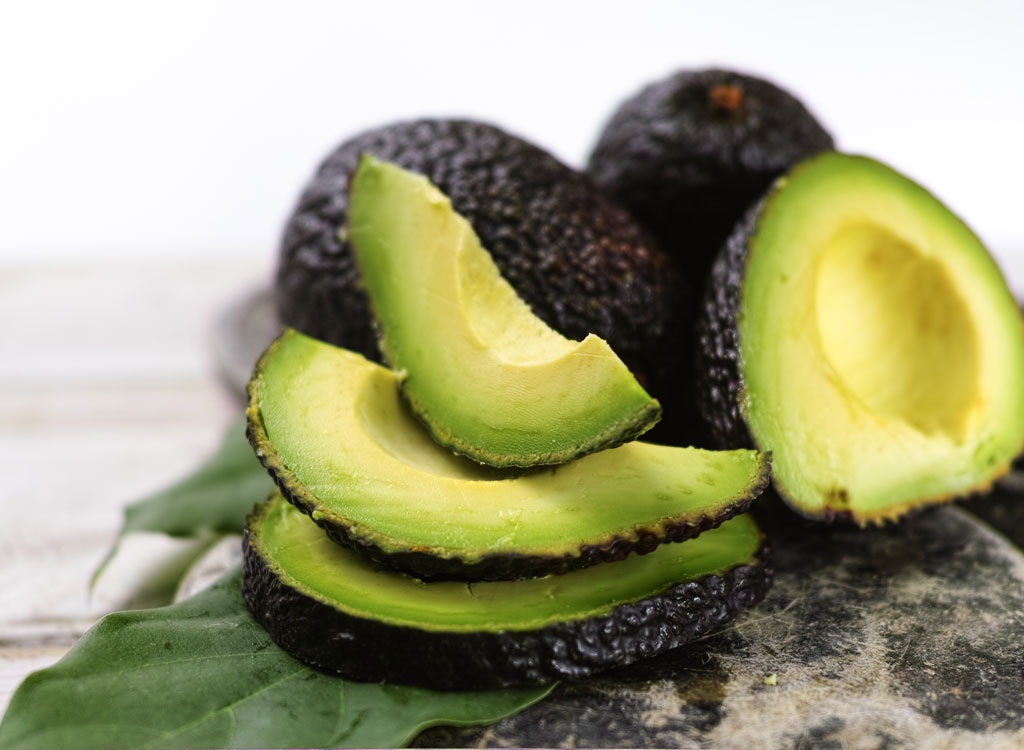
"I swear by avocados! The heart-healthy unsaturated fat in a delicious serving of avocado helps me stay full, which keeps me from snacking too much," Taz Bhatia, MD, fellow of the University of Arizona Program in Integrative Medicine, founder of CentreSpringMD, and author of What Doctors Eat tells ABC News. "Avocados are packed with vitamins C, K and B6," which are essential for skin health, bone health, and preventing heart disease, respectively.
Nuts
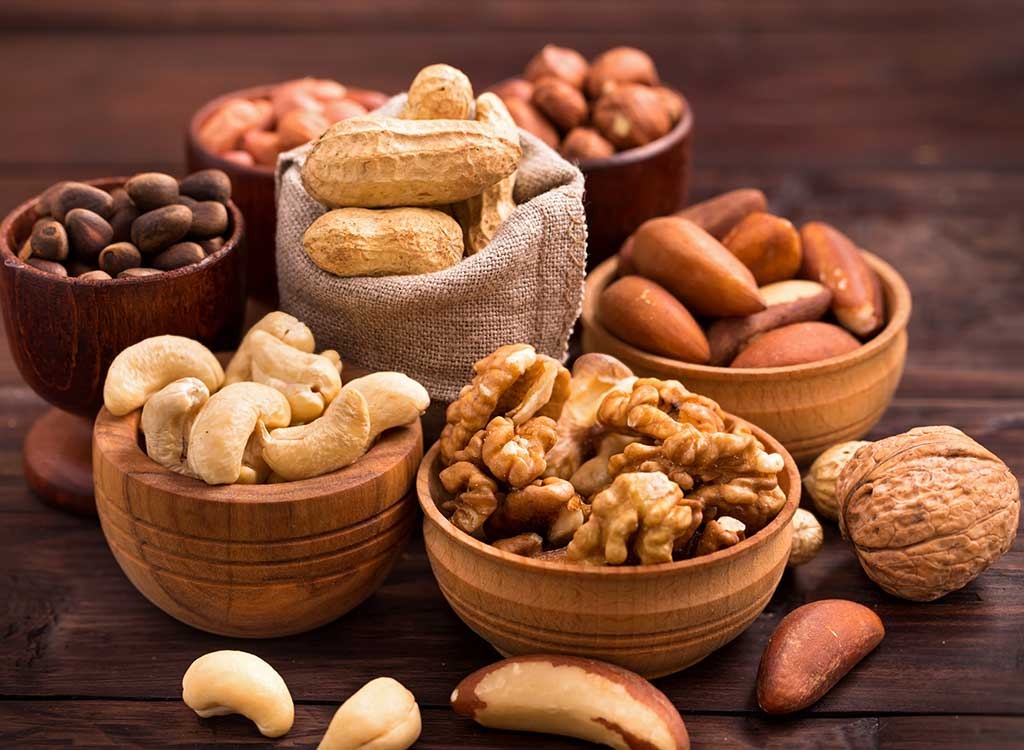
"Study after study suggests that [nuts] help prevent many chronic diseases. I also love them because they are full of protein and healthy fats that leave me feeling fuller longer, which in turns helps me all day long with dietary restraint," shares Yoni Freedhoff, M.D., medical director of the Bariatric Medical Institute at the University of Ottawa, and author of The Diet Fix: Why Diets Fail and How to Make Yours Work. But since nuts contain One trick I like to do is buy a cheap 1/4 cup measuring cup to store with my container of nuts. Nuts are quite energy dense, with each 1/4 cup of whole nuts coming in at around 200 calories."

